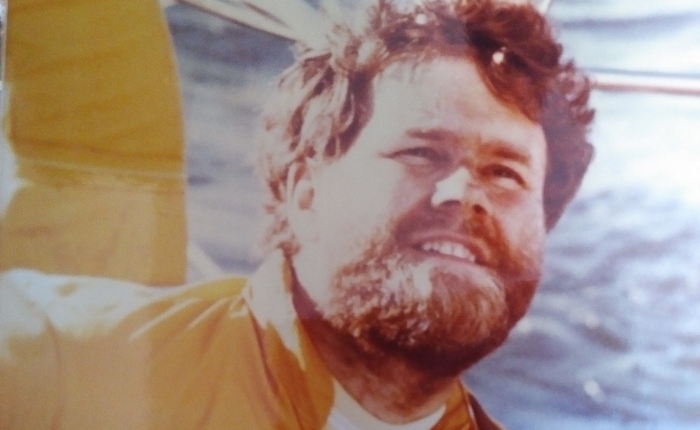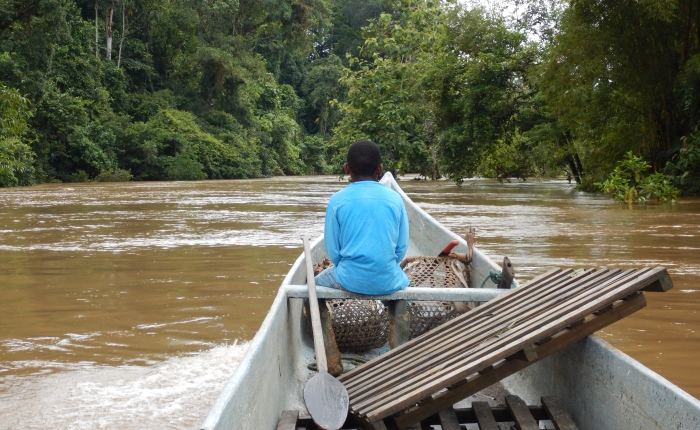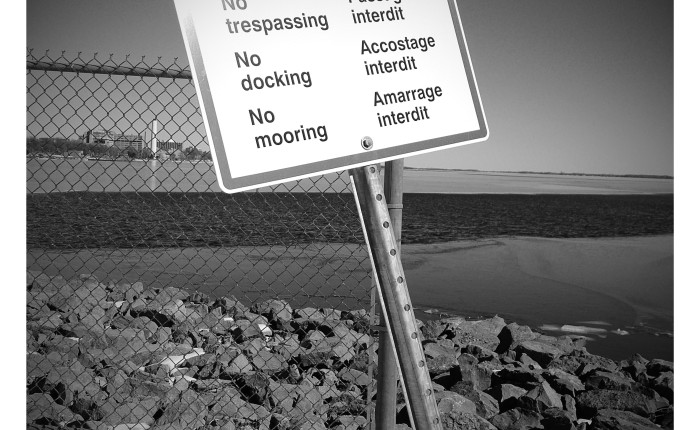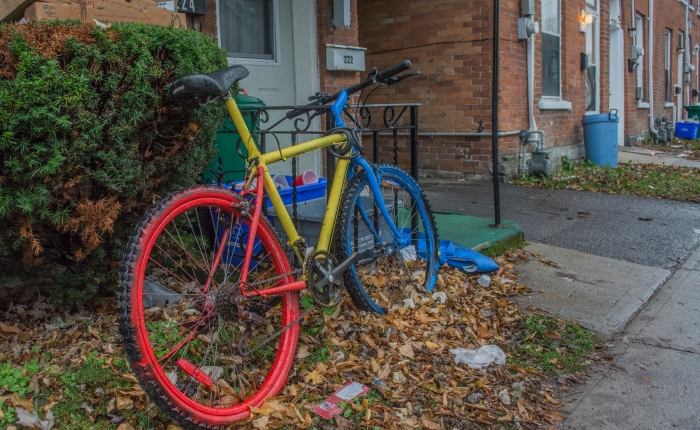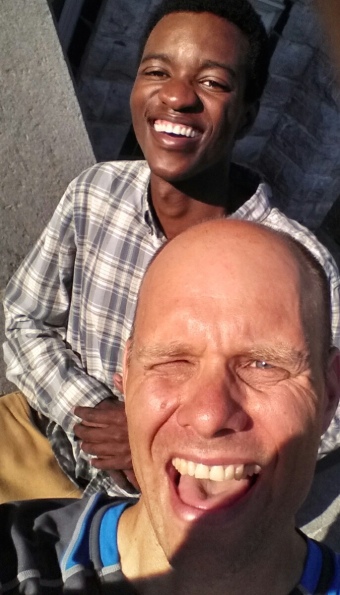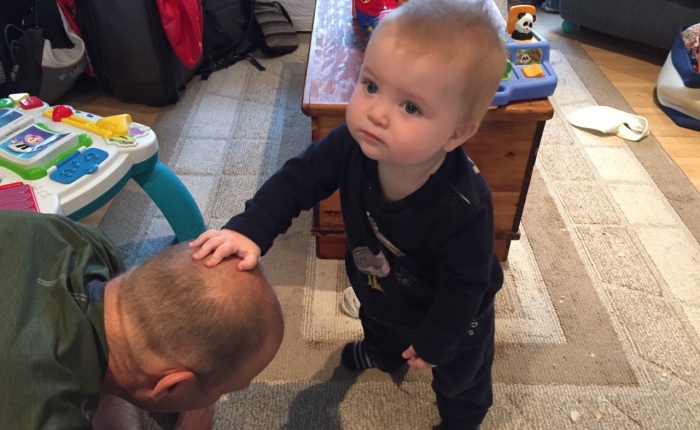I was listening recently to a CBC podcast about the idea of taking a “depth” year. This means for one year, instead of starting anything new, you follow through on getting better at what you have already started.
For those of you who knew my dad, it’s safe to say this is the way he lived his life.
His chosen pastimes were limited to sailing, cycling and walking. Newness was reserved for finding out new things about the community he lived in, rather than exploring a new place. And that was enough for him. He knew his own mind with an enviable clarity. He followed through on what he decided to do with a single-mindedness few of the people I know, including myself, possess.
My dad was an excellent sailor. We are not talking about yachts here, but a 12-foot aluminum dingy. He co-owned it first with a friend, and when that friend’s interest waned, Dad bought him out. Dad didn’t start something without sticking to it. And he definitely didn’t see the need to buy a bigger or better boat like some of us might. Soon he had me sailing and once I was good enough we were hard to beat in our boating class! Dad’s love of exactness made him a focused and strategic competitor on the course. His appetite for the outdoors was satisfied with a steady diet of wind and wave.
My dad was an avid cyclist. We are not talking about a two-pound carbon road bike here, but a heavy, thick-tubed Chromalloy 3-speed, folding bicycle (in later years he rode a similar looking e-bike). To my dad, any bike ride worth going on involved the entire day, some distance over 100 kilometers, at least two naps on picnic tables, a can of sardines and a liter of chocolate milk. I used to love his ice cream eating style on these trips. He bought it by the block, and pulling out his pocketknife, he would say ‘you cut, I choose which half.’ It took me a long time to figure out he got the better end of the deal.
My dad didn’t travel much. He returned to his native homeland of England only once after leaving at 17 years of age. Why would you travel someplace else when there was so much to explore and learn about the place in which you lived? Due to his steady, sustained focus on his surroundings he quickly became encyclopedic in his knowledge of the local area. Every free attraction, concrete path and patch of woodland was his domain to be explored… and he pontificated on and on about it to anyone who cared to listen.
My dad didn’t say something unless he could back it up with his actions and his life. If he couldn’t speak truthfully, he wouldn’t speak. He had many friends and he loved to cook and serve people. He could cook well for a few hundred hungry campers at Camp Mini-Yo-We, and equally well for his competitive, badminton-playing son. It wasn’t fancy or flashy in the pan, but certainly met the potato, meat, and vegetable diet all good athletes should adhere too!
My dad was not into sports. He used to mockingly scoff at the hockey players on T.V., whose skating was so bad they needed sticks to hold them up! But he was athletic in a non-sporty way with those powerful McIver legs. When I was 13 my uncle Donald came to visit. In the usual, competitive and brotherly kind of way he suggested the three of us engage in the time-honored lamppost-to-lamppost race, the official contested distance for familial supremacy. My dad started slow while Uncle Donald and I were off like twin shots, Uncle Donald slightly ahead.
But then something extraordinary happened!
You know that famous scene in the original Jurassic Park, the one with the cup of water? That first ominous foreshadowing of what was coming, the water shaking with increasing intensity as the beast came closer and closer. It was like that! As we drew closer to the finishing lamppost, my dad made his move with what I can only describe as a knee-high stepping, flat-footed stomping style. With tremendous power, little style and steam engine-like hissing noises, my dad blew past both of us and continued slamming those pistons into the ground well past the official finish post.
That was my dad through and through – no style… all substance. The lessons of his life influence how I think and act in my life and ministry today.
Don’t say something unless you can back it up with your life.
Do what you love to the full.
When you find what you love, go deep and long.
I think the last lesson I learned from my dad is the greatest, and is the reason why I have continued in ministry with the Navigators for over 23 years now and still love it. Neither of us knew it at the time, but his last words to me before dying were how to fold his e-bike and put it in the shed. He gave me detailed, step-by-step instructions. Even from the hospital bed, his bike was still precious and worth caring for, even if he didn’t ride it again. Fitting, don’t you think?
The CBC podcast talked about doing a “depth year”.
My dad didn’t know any other way to live.
